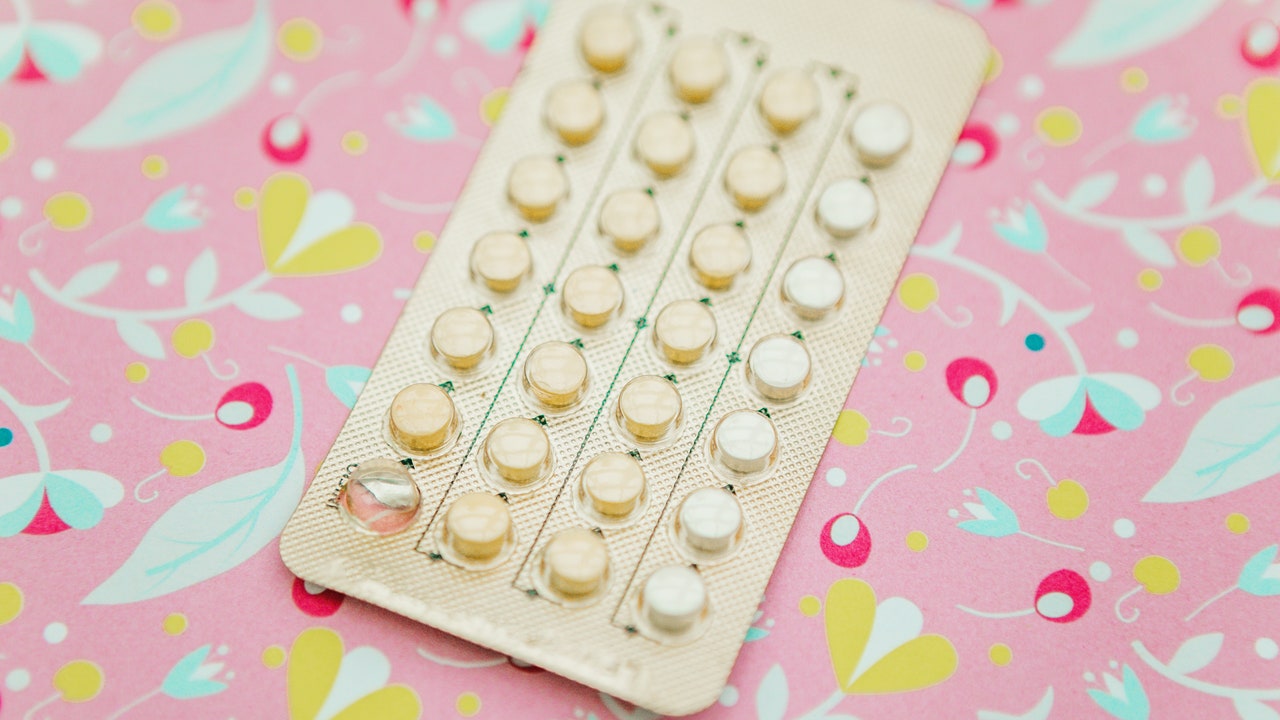7 Reasons to Quit Hormonal Birth Control

[ad_1]
Whether it’s your hairstylist or your birth control, breaking up is hard to do. But sometimes—like when you end up with an unintentional mullet or you’re, um, at an increased risk of stroke—it’s necessary. All contraceptives have positives (beyond preventing pregnancy, obvi) and negatives. Many forms of hormonal birth control, for example, can zap zits or regulate and even eliminate your period. But hormonal birth control can also make you feel crappy, interfere with your non-prophylactic meds, and have other drawbacks. Here are seven potential reasons to say goodbye to your hormonal birth control.
1. Your acne’s getting worse.
Combination pills, which contain both estrogen and progestin, tend to make your skin better by reducing your levels of androgens, hormones that lead to the production of potentially pore-clogging oils. But a progestin-only pill, a.k.a. the minipill, sometimes makes acne worse, so one of these is probably not your best bet if blemishes are already the bane of your existence. Side note: You have to take the minipill at the exact same time every day. So even if your skin looks like J.Lo’s, you may want to consider something other than the minipill if you’re forgetful.
2. You have certain habits or health conditions.
Your doctor may discourage combination pills if you’ve had blood clots, breast cancer, a heart attack or stroke, migraines with aura (flashes of light, blind spots, or tingling in your face or hands), uncontrolled high blood pressure, diabetes-related complications, or liver disease. Also, if you’re over 35 and light up regularly, your doc is also likely to steer you toward something else—and urge you to quit smoking.
3. The side effects suck too much.
The unsexy side effects of hormonal contraceptives can include headaches, sore breasts, irregular periods, mood changes, nausea, and a lower libido, among others. Luckily, most side effects last only about three months. But if that’s too long for you to hold out or if your side effects persist for longer than that, switching to a nonhormonal form of birth control might make sense.
4. You use substances.
No, not the illicit or recreational kind, though binge drinking can increase the odds of your birth control not working by 1.7 times, possibly because you’re likelier to forget to use a condom or take your pill. We’re talking medications, which can interfere with oral contraceptives and make them less effective. Click here to review the main culprits, including certain anti-epileptics, antibiotics, and St. John’s wort, a supplement that may alleviate mild to moderate depression.
5. You’re getting dark spots on your face.
Yes, combination pills can clear up your complexion. Unfortunately, they can also cause a skin condition called melasma that’s characterized by brown or bluish patches of skin or freckle-like spots on your cheeks, nose, chin, upper lip area, and forehead. While melasma is common in pregnant women (up to half of them develop it), it can also be triggered by oral contraceptives that contain both estrogen and progestin.
6. You’re hungry all the time.
Most types of birth control don’t cause weight gain. But according to a study that compared 703 women, about a fourth put on a few pounds within the first six months of getting the birth control shot. One explanation: They tended to report that they felt hungrier. No one knows exactly why. The shot may mess with your blood sugar (typically the higher it is, the bigger your appetite), or it may activate hunger signals in the brain. Regardless, if you’re always starving—and it’s bothering you—talk to your provider about other options.
7. When you are ready to get pregnant, you want to do it ASAP.
If you get the shot, your periods might get lighter or even go away altogether after about a year. But it can also take a few months for your period to come back after quitting the shot. In fact, it can take up to 10 months to get pregnant afterward. So if you’re planning to have a child someday soonish, you may want to think about switching to a form of birth control that helps narrow the gap between pulling the goalie and expecting.
[ad_2]
Source link